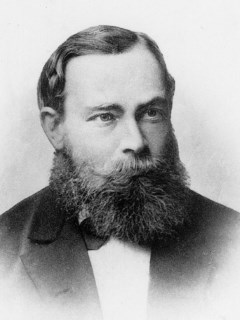

Analyticity and apriority
pp. 465-483
in: Jerzy Pelc (ed), Semiotics in Poland 1984–1969, Berlin, Springer, 1979Abstract
It is common knowledge that the definition by which I. Kant introduced the new term "analytic judgement" into the language of philosophy does not perform its task well.1 It has been noticed that it does not even render the intentions of its author — intentions which are revealed by other formulations in Kant's writings.2 They are clear enough to be described by a more or less precise definition. One of the earliest definitions of the term "analytic statement"3 was formulated by Gottlob Frege, precisely in order to render Kànt's intentions. Frege's definition,4 which we shall consider a pertinent description of the Kantian concept of analyticity, states that a statement is analytic in character if it can be proved exclusively by reference to general laws of logic and to definitions.



